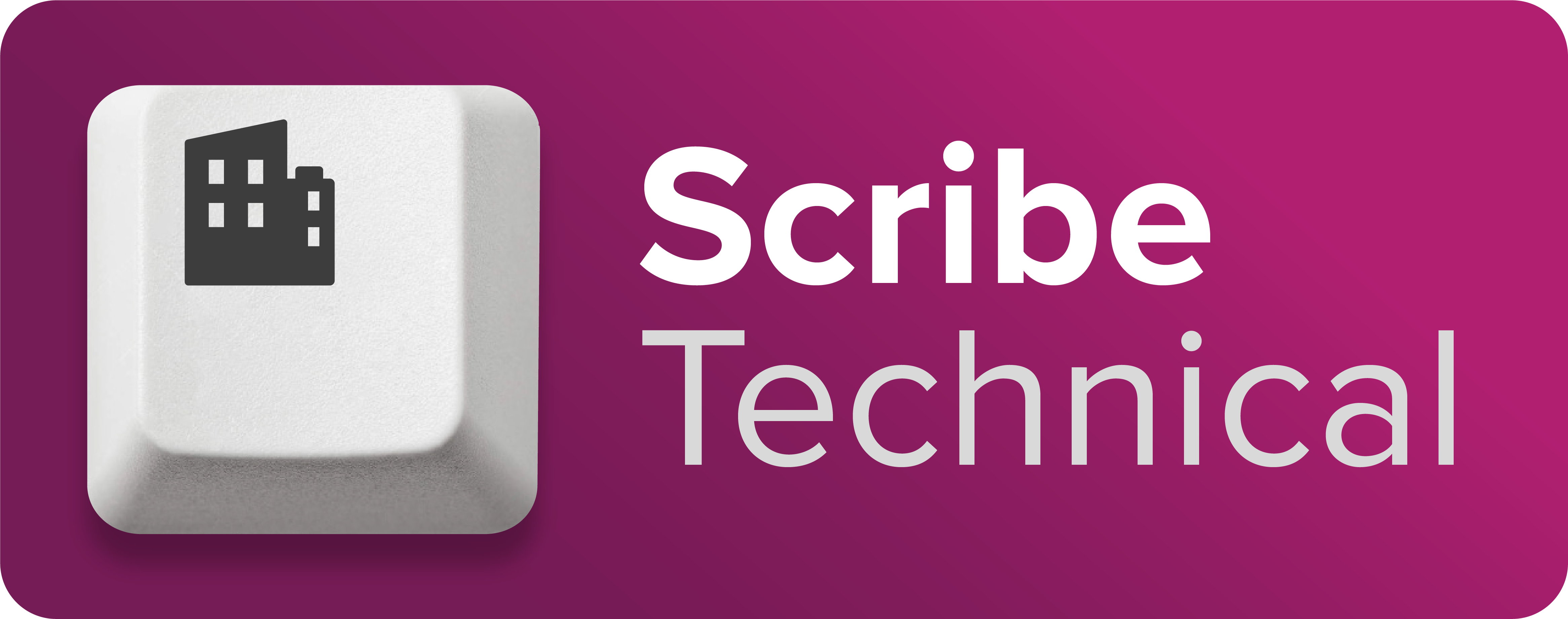
Listened to a podcast today on the theme of “civic clarity”. If you Google the term, you’ll find lots of ads for Honda! Yet it really crystallized for me what I’m trying to do with Scribe, and I’m going to start using the term to describe what I do.
Civic clarity is the concept of applying, “an ethical code to tell the truth, to tell it in a way people can understand it, and to tell it well”. This was the definition used by author and journalism professor at the Poynter Institute, Roy Peter Clark, on a recent Grammar Girl podcast.
In light of the George Floyd protests in the U.S. over the last few weeks, I’ve been reflecting on how well I put Scribe’s core values of integrity, collaboration, and inclusion into practice. I’ve chosen to stay quiet because so many responses by businesses have seemed desperate and opportunistic to me, while statements put out by others have seemed rushed and shallow, despite what are probably good intentions.
But I don’t think it’s crucial to respond right away. I want to listen to what people have to say, and what they want. Listening is something that’s in short supply in our society! And helping communities articulate what matters to them is going to be increasingly important for city builders to know how to do. Being able to participate in the work of city building shouldn’t involve deciphering a secret code that only a few (paid) experts can make sense of.
I grew up in Toronto, which is one of the most, if not the most, ethnically diverse cities in the world. To this day, nothing angers me more deeply than discrimination against people based on the colour of their skin or their ethnicity. I grew up in a Pierre Trudeau-era Canada when multiculturalism was being introduced and celebrated. I’m sure this informed my world view when I went on to high school and university, and eventually into working with NGOs and the public sector.
I think my appreciation of cities goes beyond picking up slang in the different languages I hear on the subway, or raising kids with an appreciation for global cuisine. After so many years in the urban policy world, I want to develop “civic clarity”, because I believe that we can only find solutions to our urban challenges by ensuring as many perspectives as possible are heard, and acted on, by those that can. We all need to better understand each other, and reflect this back in our collective work in making our cities better places to live. Our local government, with its police services and transit services and housing providers, exists to represent its residents, and it is only by working together that we can ensure these services function well, and in the interests of our diverse communities.
Roy Peter Clark said on the podcast that, “When the information is complicated… you’re going to see in my work shorter words, shorter sentences and shorter paragraphs”. Writing in clear, jargon-free, plain language that is meant to be understood, without fear of what will come back at you, is one of the hardest things to do in city building, and something I am committed to putting into practice with Scribe.
With that in mind, I’m going to consciously introduce civic clarity into Scribe’s work, and continue to share what I learn with you. I will ask myself with each project if we are doing enough to bring different experiences and perspectives into our work, and what else I can do on a daily basis so that our civic institutions and organizations can become even more inclusive. Here’s a good article on how many of us inadvertently show bias in our work – in this case with “verbal redlining”: the use of place names as racial, ethnic, and class signifiers.
